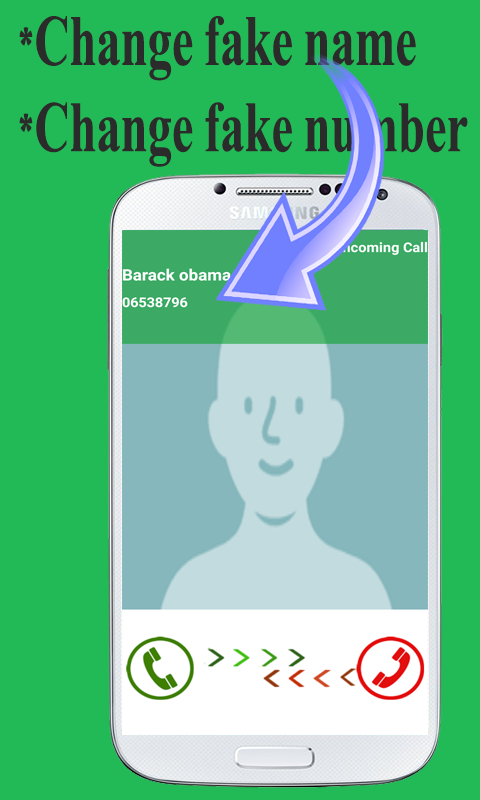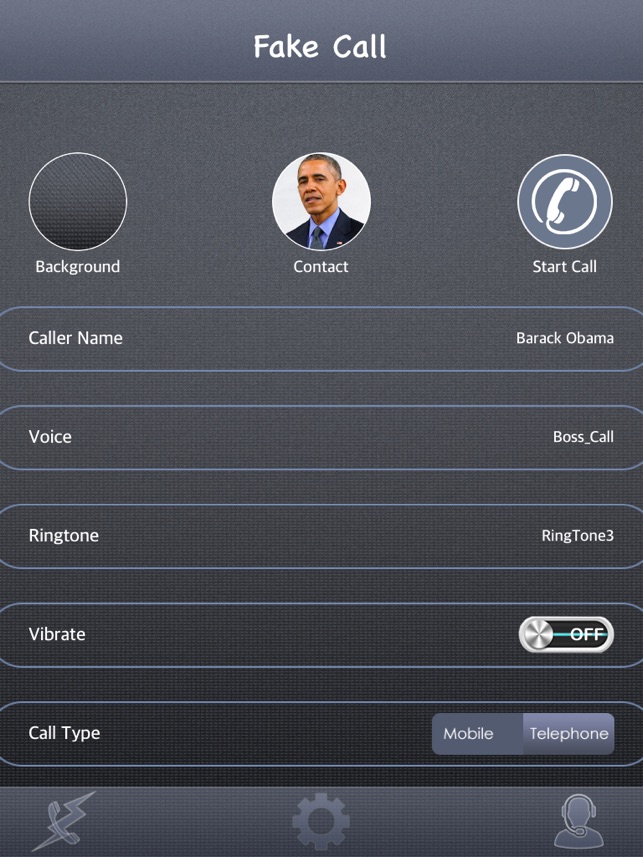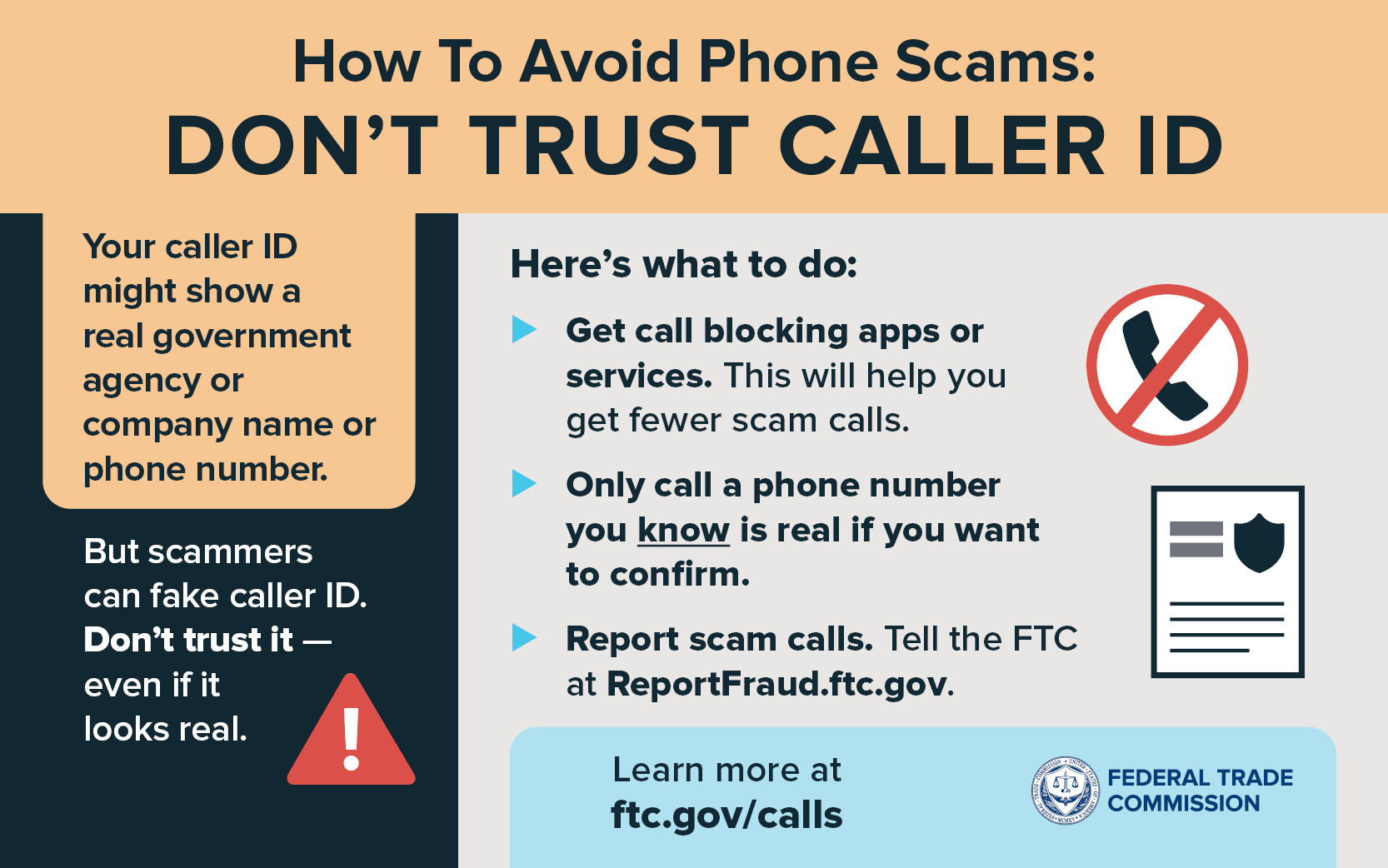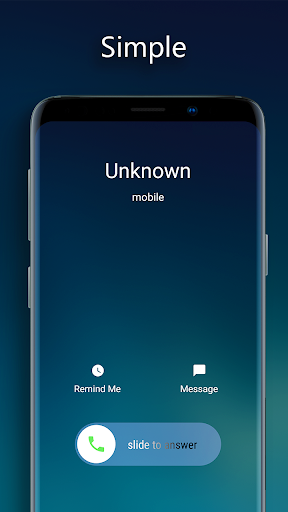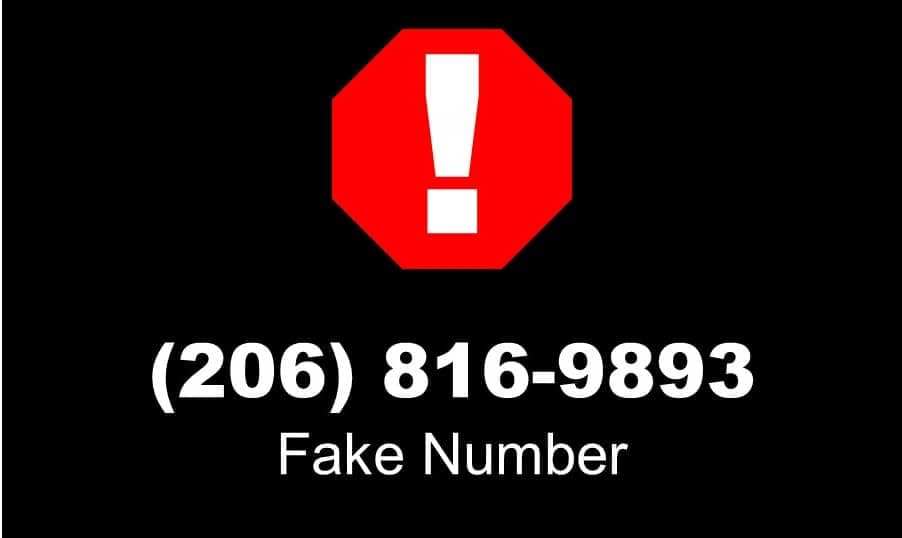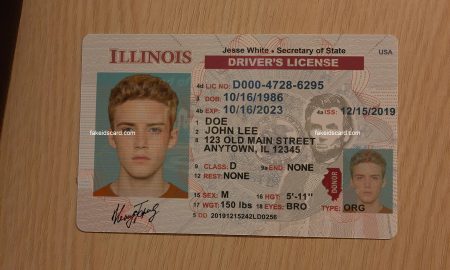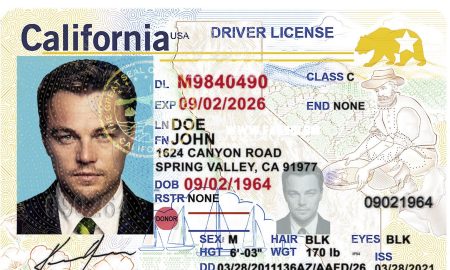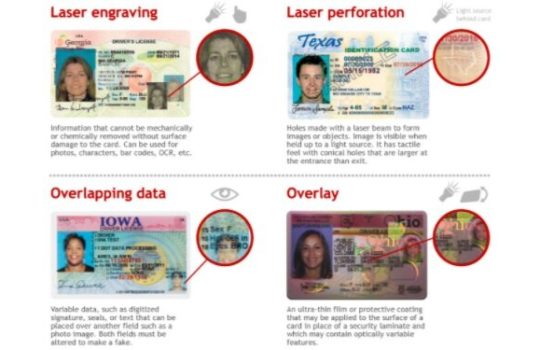Caller Id Faker
2023-10-10 2023-10-10 14:02Caller Id Faker

Caller Id Faker
California Fake Driver License New
Netherland Fake Passport
Netherlands Fake Id
Title: Unmasking the Truth: Understanding Caller ID Faker and Its Implications
Introduction (approx. 150 words):
The advent of digital communication has brought about convenience and efficiency, but it has also posed new challenges and threats. One such challenge is the prevalence of Caller ID Faker applications that allow individuals to manipulate their displayed phone numbers. These applications have raised concerns regarding personal privacy, security, and ethical boundaries. In this article, we will delve into the world of Caller ID Faker, exploring its functionalities, potential uses, and the ethical predicaments it poses.
I. Understanding Caller ID Faker (approx. 350 words)
Caller ID Faker refers to a range of mobile applications and online platforms that permit users to alter the caller ID information that shows up on recipients’ devices when they receive a call. These applications can modify the name, number, and location associated with an outgoing call, effectively masking the caller’s true identity.
While these services were initially designed for legitimate purposes such as protecting user privacy or conducting anonymous research, they have been increasingly misused for fraudulent activities. Caller ID spoofing has become a significant concern as it enables individuals to engage in scam calls, phishing attempts, and harassment, exploiting the trust recipients often place in displayed caller information.
II. How Caller ID Faker Works (approx. 400 words)
Caller ID Faker applications function by exploiting vulnerabilities within the public telephony system. Using Voice over Internet Protocol (VoIP) technology, they can manipulate the signaling information sent during the call setup process. By impersonating a different party, these applications can deceive telecom entities and deceive recipients into believing they are receiving a call from a different caller.
Various methods are employed to achieve Caller ID manipulation, including Session Initiation Protocol (SIP) manipulation, Automatic Number Identification (ANI) spoofing, and more. These techniques, combined with modern technology, allow anyone with a smartphone and the right application to alter their caller ID however they please.
III. Potential Uses and Misuses of Caller ID Faker (approx. 500 words)
The applications of Caller ID Faker are diverse and can have both positive and negative implications. On the positive side, it can offer a certain level of privacy protection to individuals who wish to maintain their anonymity during phone calls. For instance, law enforcement agencies may employ these services for investigative work, ensuring their calls remain discreet.
However, the potential misuses of Caller ID Faker outweigh its positive applications. Scam calls, where fraudsters misrepresent themselves for financial gain, have become increasingly common. Impersonating banks, tax authorities, or other trusted institutions, scammers manipulate caller IDs to deceive individuals into divulging sensitive information or making monetary transactions. Such acts not only breach personal privacy but also have significant financial repercussions.
Furthermore, Caller ID Faker has facilitated increased incidents of cyberbullying, harassment, and stalking. By masking their true identities, perpetrators can harass individuals without fear of repercussions. This malicious use often leads to emotional distress and can have severe consequences on victims’ mental health.
IV. Legal and Ethical Considerations (approx. 450 words)
As Caller ID Faker poses numerous challenges, it has prompted governments worldwide to introduce regulations to tackle its misuse. In many countries, such as the United States, laws have been enacted to criminalize the use of these applications for malicious purposes. Violators can face substantial fines and imprisonment.
However, enforcing these laws effectively is challenging due to the complexity of tracking down the true offenders. With the advancement of technology, spoofing services have become sophisticated, making it difficult to identify the original source of fraudulent calls.
From an ethical standpoint, the misuse of Caller ID Faker raises concerns regarding privacy invasion, trust erosion, and the need for technological accountability. Its potential to cause harm and distress to individuals comes into conflict with the principles of ethical communication. Striking a balance between individuals’ right to privacy and the prevention of fraudulent activities remains an ongoing challenge.
Conclusion (approx. 150 words):
Caller ID Faker applications play a controversial role in the digital age. While they offer a certain degree of privacy protection, their potential for misuse is a growing concern. It is crucial for individuals to be aware of the risks associated with Caller ID manipulation, especially given the rising prevalence of scam calls and cyberbullying.
Addressing the challenges posed by Caller ID Faker requires a multidimensional approach involving technological advancements, policy interventions, and public awareness. Stricter regulations and enforcement mechanisms are essential to curb fraudulent activities, while responsible use of communication technologies should be promoted on an individual level.
Only through comprehensive measures can we hope to strike a balance between privacy and security, ensuring the integrity of our digital communication landscape.
